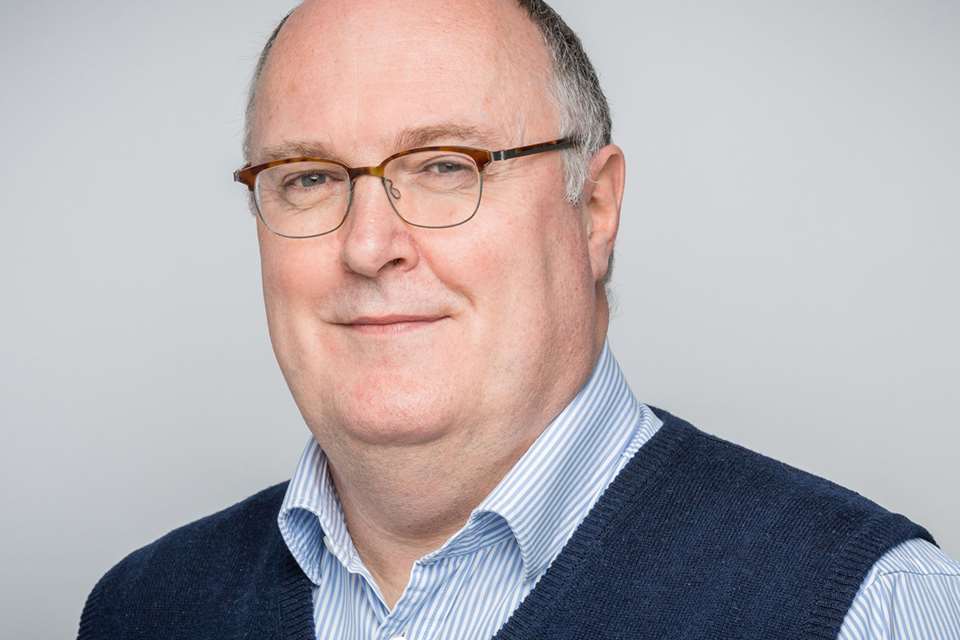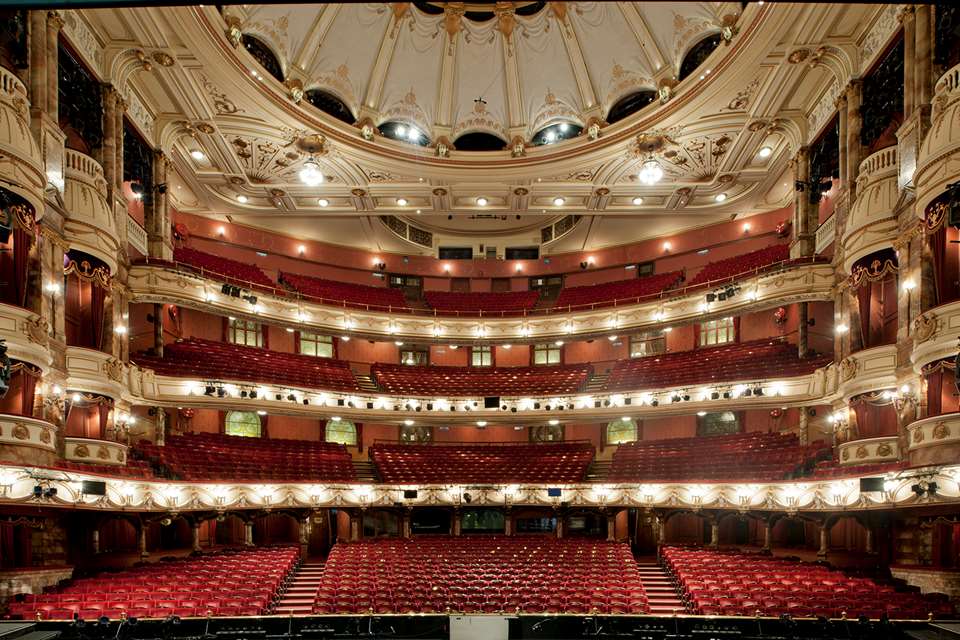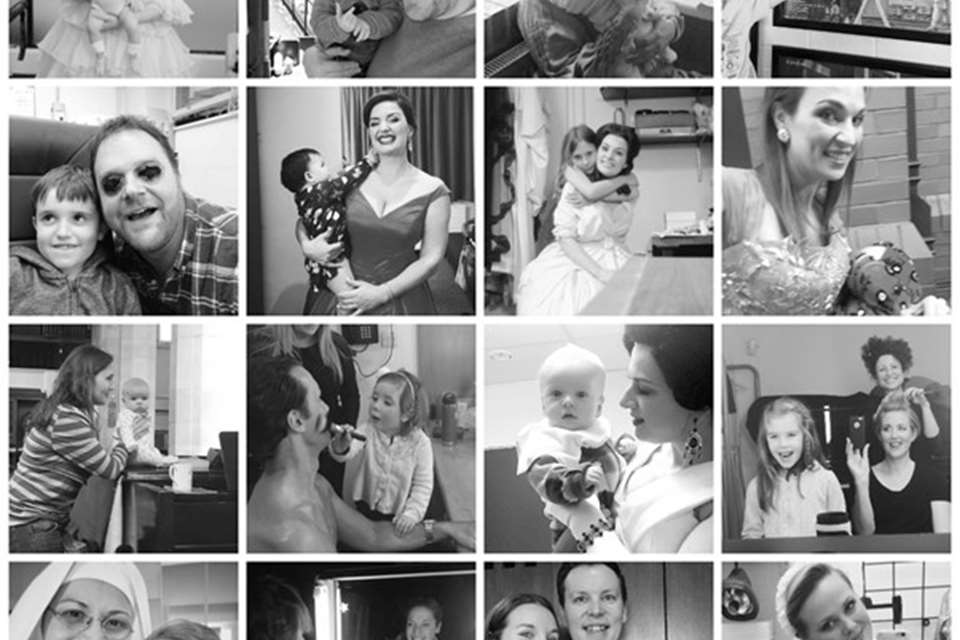Music, and the unique joy that radio can bring: Alan Davey on celebrating the BBC centenary
Alan Davey
Thursday, November 10, 2022
Alan Davey, controller at BBC Radio 3, takes us through celebrations for the BBC's centenary, reflecting on the unique joy in sound that radio can bring

Register now to continue reading
Thanks for exploring the Gramophone website. Sign up for a free account today to enjoy the following benefits:
- Free access to 3 subscriber-only articles per month
- Unlimited access to our news, podcasts and awards pages
- Free weekly email newsletter











